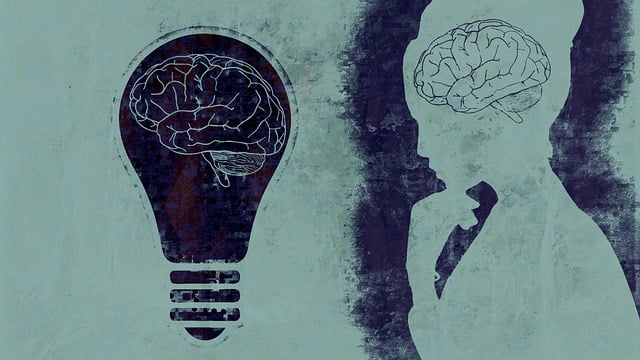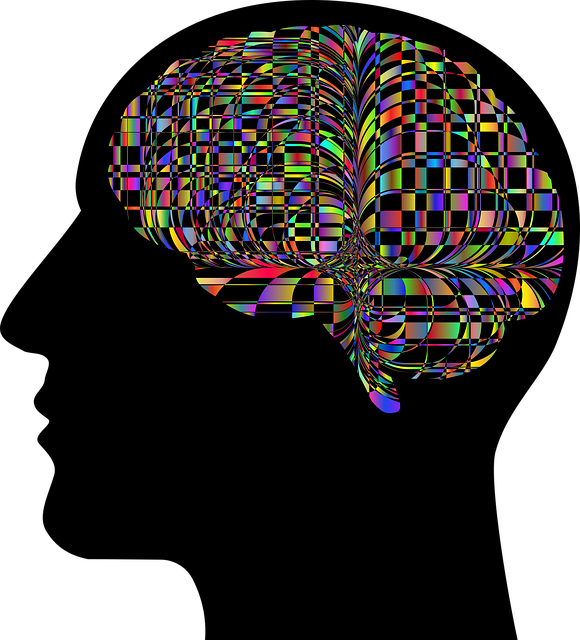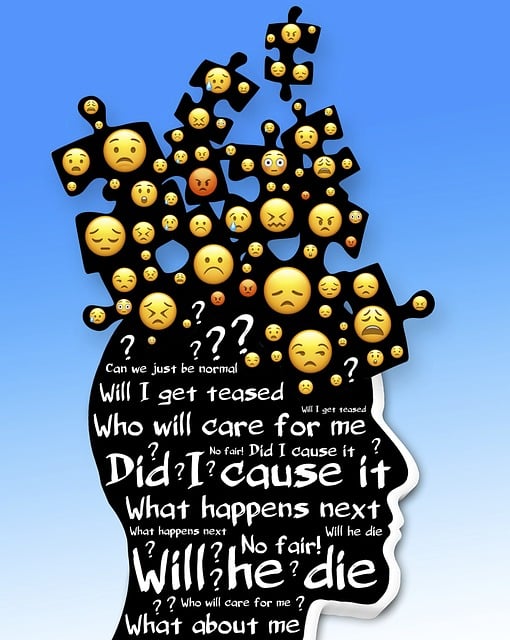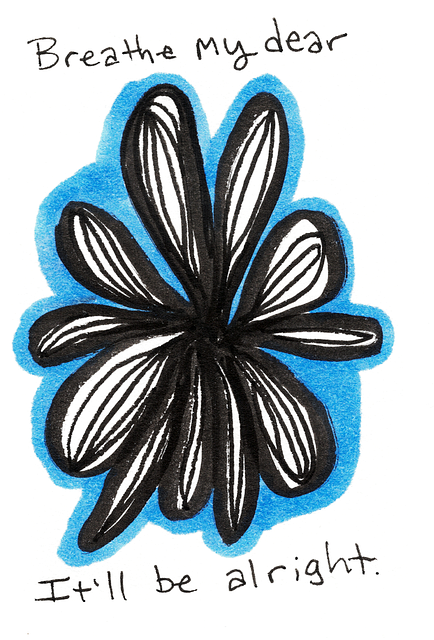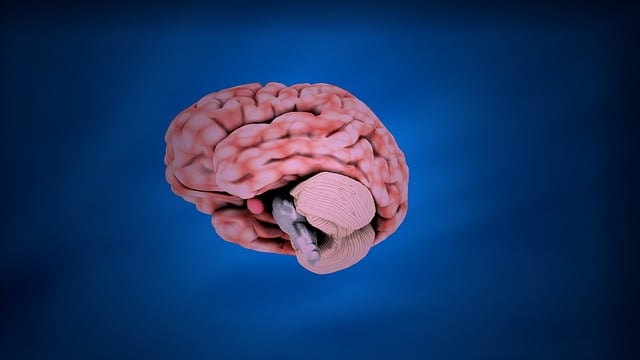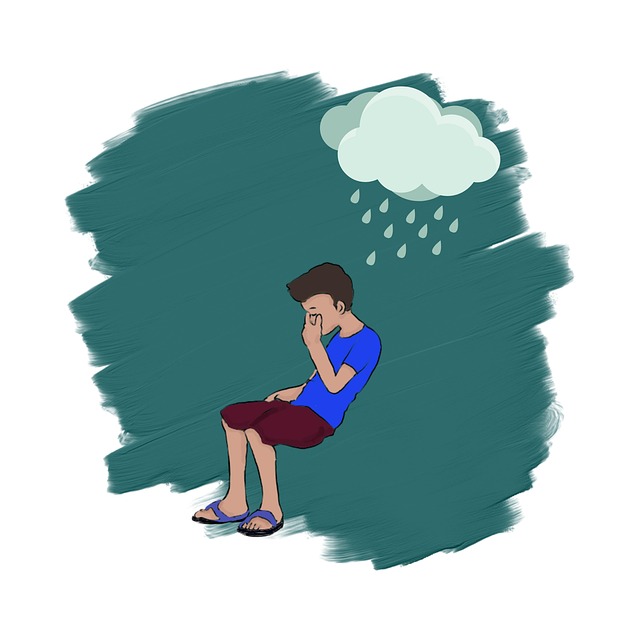Mental Health Crisis Hotlines are 24/7 resources offering immediate support and guidance through trained professionals, raising awareness and encouraging early help-seeking. They connect individuals to specialized treatments like Littleton EMDR Certified Therapy, reducing crisis severity. These therapists provide advanced techniques for trauma processing and community outreach, fostering resilience. Recognizing severe mental distress signs is crucial; emergency services offer swift action and resources. Accessing hotlines (e.g., National Suicide Prevention Lifeline) or local specialists like Littleton EMDR Certified Therapy initiates help. Post-crisis care through evidence-based therapy prevents recurrences and promotes long-term mental wellness.
In times of mental health crisis, a simple call can be a lifeline. Understanding Mental Health Crisis Hotlines: A Lifeline in Times of Distress explores the critical role these services play in supporting individuals facing intense emotional distress. With Littleton EMDR Certified Therapists at the forefront of crisis intervention, this article delves into effective strategies for recognizing and responding to emergencies. Learn how to access hotline services, ensuring you or a loved one receives the necessary support. Additionally, discover post-crisis care strategies to foster resilience and prevent future incidents.
- Understanding Mental Health Crisis Hotlines: A Lifeline in Times of Distress
- The Role of Littleton EMDR Certified Therapists in Crisis Intervention
- How to Recognize When You or Someone Else Needs Emergency Support
- Accessing and Utilizing Crisis Hotline Services: A Step-by-Step Guide
- Post-Crisis Care and Recovery: Building Resilience and Preventing Future Incidents
Understanding Mental Health Crisis Hotlines: A Lifeline in Times of Distress

In times of intense emotional distress or mental health crisis, a dedicated hotline can provide much-needed support and guidance. Mental Health Crisis Hotlines offer immediate assistance to individuals experiencing severe anxiety, depression, suicidal thoughts, or other psychological emergencies. These services are designed to be accessible 24/7, ensuring help is available whenever it’s needed most. Trained professionals on the other end of the line can listen empathetically, offer crisis intervention techniques, and connect callers to appropriate resources, including Littleton EMDR Certified Therapy for specialized trauma treatment.
Beyond immediate support, these hotlines play a vital role in community outreach by raising awareness about mental health issues. Through effective messaging and the implementation of Mental Health Education Programs Design, they foster positive thinking and encourage individuals to seek help early on. This proactive approach can significantly contribute to reducing the severity of crises and promoting overall well-being within communities.
The Role of Littleton EMDR Certified Therapists in Crisis Intervention

In moments of mental health crisis, Littleton EMDR Certified Therapists play a pivotal role in providing immediate and effective support. Their specialized training equips them with advanced techniques to assist individuals navigating intense emotions and traumatic experiences. These therapists are equipped to offer crisis intervention services, ensuring that those in need receive prompt and professional help. By employing Eye Movement Desensitization and Reprocessing (EMDR) therapy, they help clients process disturbing memories, reduce the impact of trauma, and gain a sense of stability.
The presence of Littleton EMDR Certified Therapists is invaluable, especially in community outreach programs aimed at enhancing mental health support systems. They actively contribute to social skills training and communication strategies, empowering individuals to manage crises effectively. Through their expertise, they not only provide immediate relief but also equip people with long-term coping mechanisms, fostering a healthier and more resilient community.
How to Recognize When You or Someone Else Needs Emergency Support

Recognizing when immediate support is needed is a crucial step in addressing mental health crises. Signs can vary from individual to individual, but common indicators include severe mood swings, persistent feelings of hopelessness or helplessness, and thoughts of self-harm or suicide. If you or someone around you exhibits these symptoms, it’s essential to act swiftly. Emergency support services, such as crisis hotlines, play a vital role in providing immediate assistance during mental health emergencies. These hotlines are equipped with trained professionals who can offer guidance, ensure safety, and connect individuals with suitable resources for ongoing care.
For instance, Littleton EMDR Certified Therapy offers specialized emergency support tailored to individual needs. Their trained therapists utilize evidence-based practices like Eye Movement Desensitization and Reprocessing (EMDR) to address trauma and severe mental health conditions effectively. Incorporating cultural sensitivity in mental healthcare practice is also integral to providing appropriate care, ensuring that support services cater to diverse backgrounds and unique experiences. Enhancing mental wellness and promoting mental health awareness through such initiatives can help individuals navigate crises and take the first step towards recovery.
Accessing and Utilizing Crisis Hotline Services: A Step-by-Step Guide

Accessing crisis hotline support services can be a life-saving step for those experiencing mental health emergencies. Here’s a simple guide to help you navigate this process:
1. Identify Your Need: Recognize the signs of a mental health crisis, such as intense anxiety, depression, or suicidal thoughts. Ensure you or someone you know is in immediate danger.
2. Locate Hotlines: Many countries and regions have dedicated crisis hotline numbers accessible 24/7. Look for local services offering confidential support. In the USA, the National Suicide Prevention Lifeline (1-800-273-TALK) is a well-known resource. For individuals in Littleton or surrounding areas seeking specialized therapy, services like Littleton EMDR Certified Therapy can provide advanced trauma-focused care.
3. Call and Connect: Dial the hotline number and follow the prompts. You may be connected to a trained volunteer or professional counselor who will assess your situation and offer immediate assistance. Be prepared to share details about your feelings, recent stressors, and any previous treatment experiences.
4. Utilize Resources: Hotline counselors can provide a safe space for expression and offer valuable tools. They might guide you through self-awareness exercises, help develop coping strategies, or direct you to local support groups or emergency services if needed. They can also offer resources related to mental health policy analysis and advocacy, promoting community awareness and better access to care.
5. Follow-Up: After the initial call, consider setting up a follow-up appointment for ongoing support. Hotline services often provide continuity of care, ensuring you have a network of resources available during challenging times. Additionally, participating in stress management workshops organized by local mental health organizations can empower individuals with long-term coping mechanisms.
Post-Crisis Care and Recovery: Building Resilience and Preventing Future Incidents

After a mental health crisis, providing post-crisis care and supporting recovery is vital to building resilience and preventing future incidents. This involves a comprehensive approach that goes beyond immediate intervention. Littleton EMDR Certified Therapy plays a significant role here by utilizing evidence-based techniques to help individuals process traumatic experiences and develop healthy coping mechanisms. By integrating this therapy into post-crisis support, individuals can gain insights into their triggers and learn strategies for managing their mental wellness proactively.
Empathy building strategies are integral to fostering effective recovery. Mental healthcare professionals must demonstrate cultural sensitivity in their practice, understanding the unique needs and backgrounds of those they serve. This personalized care ensures that recovery plans are tailored to individual experiences, promoting a sense of safety and trust. Such supportive measures significantly enhance long-term mental wellness and resilience against future crises.
Mental health crisis hotline support services play a vital role in assisting individuals during times of acute distress. With the help of trained professionals like Littleton EMDR Certified Therapists, those in crisis can receive immediate intervention and guidance. Understanding when to seek emergency support and following a step-by-step process to access these services ensures timely assistance. Post-crisis care and recovery strategies are also crucial for building resilience and preventing future incidents. By recognizing the importance of these hotlines and utilizing the available resources, we can foster a healthier and more supportive environment.
